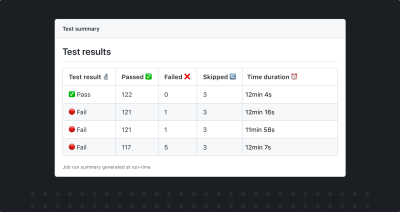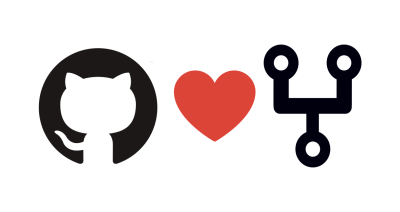
Secret scanning alert events now in the audit log
The enterprise and organization level audit logs now record an event when a secret scanning alert is created, closed, or reopened. This data helps GitHub Advanced Security customers understand actions…









